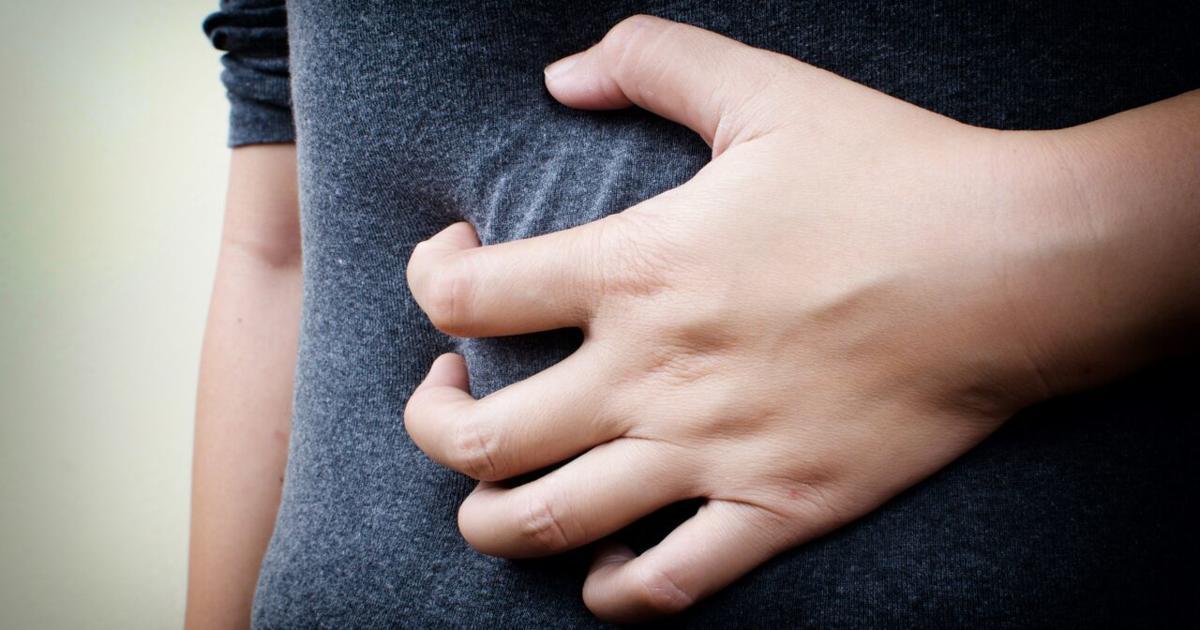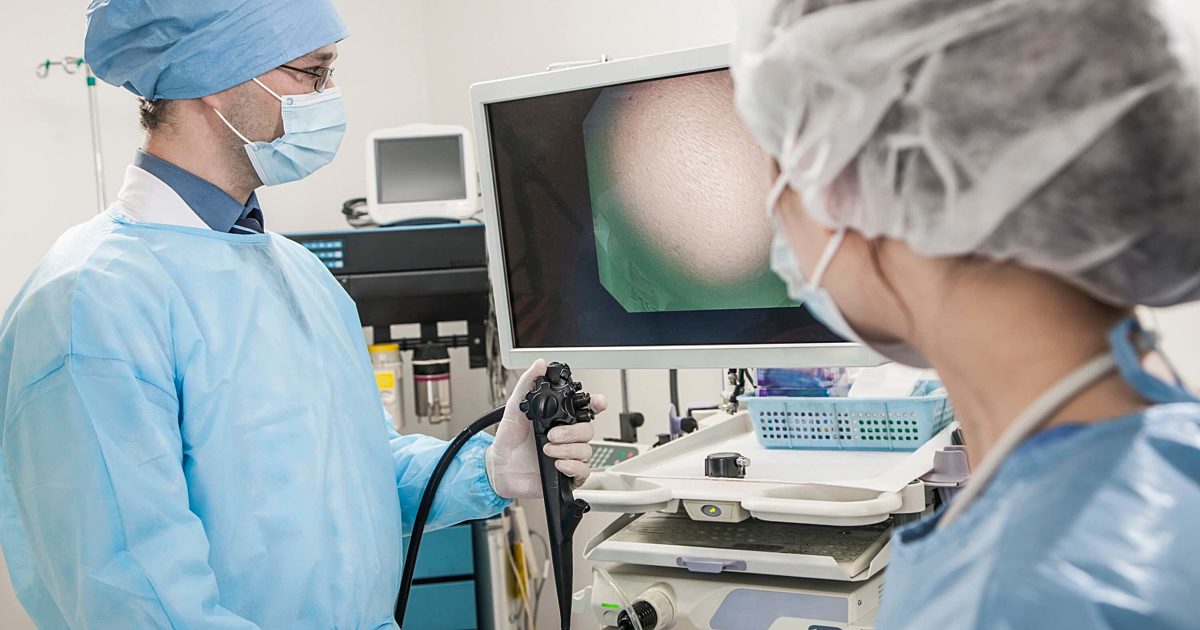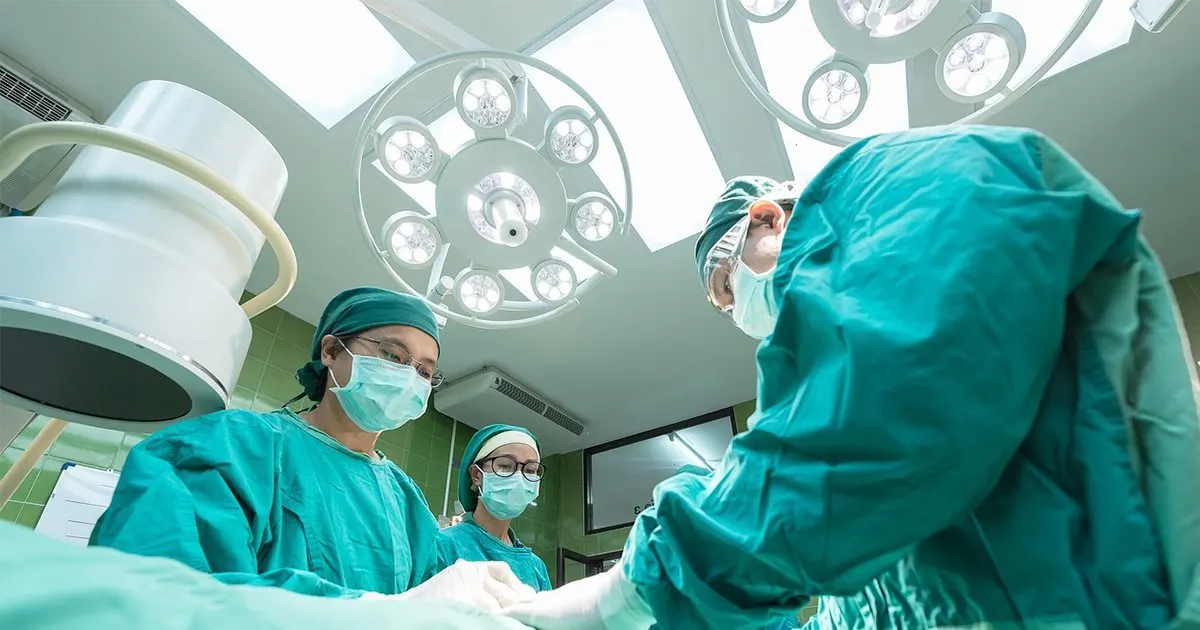What Exactly Is A Hernia?
When the muscles in a certain area of the body become weaker, it is difficult for them to hold the organs in their appropriate spots throughout the individual's system, which eventually causes these body parts to move forward. This sometimes causes a protrusion in the abdomen or pelvic area, which is known as a hernia. Hernias usually do not cause large amounts of discomfort and are known for being easily diagnosed by medical professionals. There are different types of hernias, so getting a proper analysis is important in determining further treatment plans.
Types Of Hernias

When a muscle that holds organs in place becomes too weak, a hernia or bulge of organ tissue that pushes through the muscle wall can occur. There are various types of hernias, and they are classified based on the location in which they occur. When parts of an individual's intestine protrude into a weak area in the muscles that hold the abdominal organs in place, it is called an inguinal hernia. When tissue bulges through the muscle wall in the inner thigh region or groin, it is called a femoral hernia. An umbilical hernia is a type of hernia that occurs when a portion of an affected individual's intestine protrudes through the abdominal muscle opening where the umbilical cord was located. When abdominal tissues protrude through a weak region of the abdominal muscles due to an incision from surgery, it is called an incisional hernia. When a hernia occurs in the top part of the wall of the abdomen below the breastbone and above the navel, it is called an epigastric hernia. A hiatal hernia is characterized by a bulging of the stomach muscle through the diaphragm or muscle that separates a patient's chest and abdomen.
Get familiar with the symptoms of hernias next.
What Are The Symptoms?

Symptoms of a hernia are typically painless. Most of the time, an affected individual will become aware of an irregular lump on their body, which can later be identified by a doctor as a hernia. Not all cases are this simple, though, and sometimes swelling may worsen or become painful. Nausea can also be a side effect of a hernia, as well as vomiting. Should excessive pain be experienced, the patient suffering should seek medical attention as soon as possible to ensure the hernia does not cause more serious issues in the future.
Continue reading to reveal the various causes of a hernia now.
What Causes A Hernia?

Hernias are caused due to weak muscles in an individual’s body. If already weak muscles are continuously strained, the likelihood of an individual developing a hernia increases significantly. Often, a person is simply born being more prone to experience weak muscles. In these cases, certain things will enhance the likelihood of a hernia. Some of these things include heavy lifting, excessive coughing, experiencing issues with digestion, or being overweight.
Learn about how hernias are diagnosed next.
How Hernias Are Diagnosed

A physical exam is an effective way to make a diagnosis of an incisional or inguinal hernia. During a physical exam, the patient is often asked to strain, stand, or cough to make the hernia more prominent. If the doctor suspects an individual has a hiatal hernia, they may order an endoscopy or a barium x-ray to help them make a proper diagnosis. For a barium x-ray, the affected individual will consume a liquid solution containing a compound called barium. Barium lights up on x-rays so the physician can see the patient's digestive tract clearly. An endoscopy is performed by threading a tiny camera attached to a catheter down the affected individual's throat and into their stomach. This test gives a physician a look at the internal location of the digestive tract. If an umbilical hernia is suspected, a physician may elect to perform an ultrasound to view the abdominal structures and their position to make a diagnosis.
Consider how hernias can be prevented now.
How Can You Prevent A Hernia?

Maintaining good health will help immensely in preventing a hernia from worsening or from occurring in the first place. Eating healthy foods, staying active, and maintaining a normal weight are all beneficial goals for avoiding hernias. It is also important to be cautious when engaging in physically demanding activities. Individuals doing heavy lifting should always ask for help and make sure their abdominal muscles are stabilized to avoid putting a strain on any part of the body. Smoking is also known for increasing the likelihood of experiencing a hernia, so quitting is also an effective prevention method.
Uncover the best options for treating hernias now.
What Are The Treatment Options?

If diagnosed with a hernia, a patient has many treatment options. One option is to monitor the hernia while trying to maintain a healthy lifestyle. The risk involved with this consists of developing an infection if the blood supply to the organ gets cut off. Another option is to get surgery. If an infection occurs, surgery must be performed to ensure the patient stays healthy and avoids further complications. Simpler options are starting to emerge in the medical field where only small incisions are made and less recovery time is needed.
Get the details on lifestyle treatments for hernias now.
Lifestyle Treatments

Numerous lifestyle treatments can help alleviate the discomfort a hernia causes. However, lifestyle treatments do not make the hernia go away. Doing specific exercises on a regular basis may assist with the strengthening of muscles around the hernia, which may be effective at eliminating discomfort. Affected individuals should not overeat, and they should not consume heavy or large meals. Another way to help ease hernia discomfort is for the patient to avoid bending over or lying down in a horizontal position after consuming a meal. Hernia discomfort can be alleviated by limiting the consumption of foods that induce heartburn or acid reflux like tomato-based and spicy foods. If an affected individual smokes cigarettes, the elimination of tobacco consumption can also be very helpful in improving the symptoms of a hernia. In addition, a patient can prevent further hernia complications and pain by maintaining a body weight that falls within the healthy body mass index range for their height and gender.
Continue to learn about surgery and healing when it comes to hernias now.
Giving The Body Time To Heal

Recovery time after a hernia surgery is usually around few weeks. Getting adequate rest and following doctor’s orders is important in allowing the patient's body the time it needs to heal. If there is excessive bleeding, worsening pain, or increased fever, that may be a sign complications have occurred, and a doctor should be contacted. After going through the recovery process, individuals should try to maintain a healthy lifestyle and keep pressure off of the weak muscles to avoid more hernias in the future.
Discover the complications associated with untreated hernias now.
Complications Of Hernias

While most hernias are generally not a life-threatening condition, they have the potential to causes serious complications that require immediate medical intervention. Because a hernia is caused by organ tissue bulging through a weakened muscle, the healthy muscle surrounding it can cause a compression of the consisting organ tissue of the protrusion. If the blood vessels that supply the organ tissue become constricted, the blood supply to the tissue can become obstructed. When the blood supply cannot reach the herniated tissues, they do not receive an adequate amount of oxygen. Without enough oxygen, the cells in the organ tissue of the hernia cannot function and will begin to die. This dying of tissue is called internal gangrene. This issue happens most often to the intestinal tissues involved in inguinal hernias. This complication is especially dangerous because it can cause a section of the intestine to die. When a part of intestine dies, food is unable to be moved through and results in bowel obstruction. A bowel obstruction is life-threatening and can cause death if it is not treated quickly.
